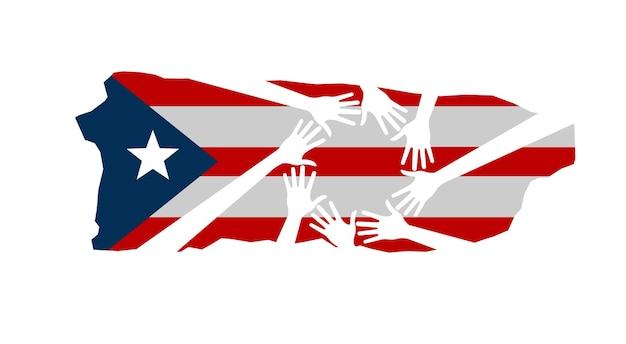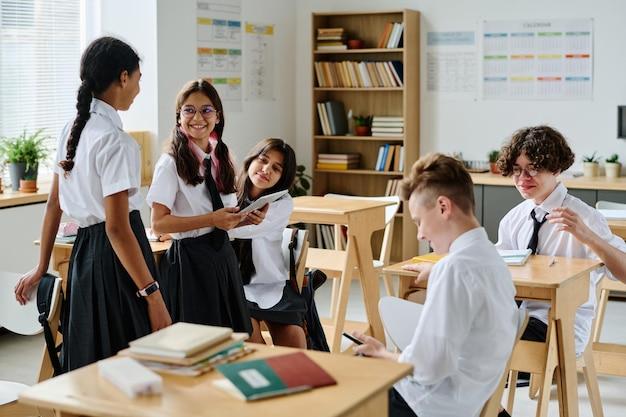Education plays a significant role in promoting national integration and fostering unity within a diverse society. In today’s world, where conflicts, prejudices, and divisions persist, it is crucial to understand the importance of incorporating peace education into our systems. By promoting peace and conflict studies, teaching tolerance, and imparting essential values, education can contribute to creating a harmonious and united nation.
Peace education equips individuals with the knowledge and skills to resolve conflicts peacefully, foster empathy, and build bridges between different communities. With a focus on understanding the root causes of conflicts and promoting non-violent solutions, peace education serves as a crucial tool for building a cohesive and inclusive society. By prioritizing peace education in our curriculum, we can instill a sense of respect, understanding, and acceptance among the younger generation.
In this blog post, we will explore the significance of peace education, the role of education in promoting national integration, and the crucial role teachers and youth play in this process. We will also delve into the key elements of peace education, discuss the different types of peace, and address the key issues related to promoting unity in our society. Let’s dive in and understand how education can pave the way for a more united and peaceful future.

What is the Role of Education in National Integration?
To truly understand the role of education in national integration, we must first acknowledge that education is more than just textbooks and classrooms. It is a powerful tool for shaping minds, fostering unity, and building a cohesive society. So, let’s delve into this topic and explore how education plays a crucial role in promoting national integration in a country like the United States.
Fostering a Sense of Belonging and Identity
Education acts as a catalyst in creating a sense of belonging and identity among individuals. Through a well-rounded curriculum that includes history, social studies, and cultural studies, students are exposed to diverse perspectives and narratives. This allows them to appreciate their own heritage while developing empathy and respect for people from different backgrounds, religions, and ethnicities. In turn, this fosters a sense of shared identity and collective pride, ultimately strengthening the bonds of national integration.
Promoting Cultural Understanding and Tolerance
Education serves as a bridge that connects people from various cultural, ethnic, and linguistic backgrounds. By incorporating multicultural education into the curriculum, students gain insights into the rich tapestry of cultures that make up the nation. They learn about traditions, customs, and languages, enabling them to develop a deeper appreciation for diversity. This exposure helps break down stereotypes, counteracts prejudice, and promotes a more inclusive and harmonious society.
Instilling Democratic Values and Citizenship
Education plays a vital role in nurturing active and responsible citizens who actively participate in the democratic process. Through civics and social studies courses, students gain an understanding of democratic principles, rights, and responsibilities. They learn about the importance of equality, justice, and fairness, essential elements for maintaining a cohesive society. These lessons encourage civic engagement, promote rule of law, and empower individuals to actively contribute to the progress of their nation.
Encouraging Social Cohesion and Integration
Education acts as a platform for social interaction and collaboration. By fostering a sense of community and shared purpose, schools become microcosms of society. In the United States, schools often embrace diversity and encourage students from different backgrounds to work together on projects and engage in collective activities. This creates opportunities for cultural exchange, team building, and relationship-building, culminating in improved social cohesion and national integration.
Strengthening Economic Development and Equality
Education is closely linked to economic development and equality within a nation. When educational opportunities are accessible and inclusive, it empowers individuals from all walks of life to acquire knowledge, skills, and qualifications. This, in turn, fuels economic growth and reduces socio-economic disparities. Furthermore, education equips individuals with the tools necessary to become financially independent and contribute to the prosperity of their nation.
In conclusion, education serves as the backbone of national integration in the United States. By fostering a sense of belonging, promoting cultural understanding, nurturing democratic values, encouraging social cohesion, and strengthening economic development, education paves the way for a more united and harmonious nation. Investing in quality education for all is not just a moral imperative, but a strategic endeavor that lays the foundation for a brighter future where individuals from diverse backgrounds work together for the common good.

FAQ: What is the Role of Education in National Integration?
How Can We Get Peace in Our Family
Peace within the family is essential for fostering a harmonious environment. To achieve peace, effective communication is key. Encourage open dialogue, active listening, and the expression of emotions. Resolving conflicts calmly and respectfully can also contribute to a peaceful family dynamic.
What is the Importance of Peace and Conflict Studies
Peace and conflict studies play a crucial role in enhancing our understanding of the causes and consequences of conflicts. By studying peace, we can gain insights into how to resolve conflicts effectively, promote harmony, and achieve sustainable peace on a broader scale.
What is the Role of Teachers in Peace Education
Teachers play a vital role in peace education as they have the power to shape young minds and instill values of tolerance, empathy, and conflict resolution. They can integrate peace education into their curriculum, promote dialogue, and create a safe space for students to learn about peace and its significance.
What are the Elements of Peace Education
Peace education encompasses various elements, including promoting human rights, fostering intercultural understanding, non-violent communication, conflict resolution skills, and encouraging active global citizenship. These elements collectively contribute to nurturing a peaceful society.
What are the Two Types of Peace
There are two main types of peace: negative peace and positive peace. Negative peace refers to the absence of violence or conflict, while positive peace goes beyond this and involves the presence of justice, equality, and the well-being of all individuals in a society.
What are the Key Issues of Peace Education
Peace education focuses on addressing several key issues, such as promoting social justice, reducing violence, resolving conflicts peacefully, challenging discrimination, fostering empathy, building intercultural awareness, and developing critical thinking skills to analyze global issues from multiple perspectives.
How Can We Promote Unity in Our Society
Promoting unity in society requires efforts from every individual. It involves celebrating diversity, embracing inclusivity, encouraging dialogue among different groups, educating people about the importance of acceptance, and fostering social connections that transcend cultural, ethnic, and religious boundaries.
What is the Role of Youth in National Integration
Youth plays a pivotal role in national integration. As the future leaders, they can drive positive change and promote unity by actively participating in community initiatives, voicing their concerns, embracing diversity, engaging in constructive conversations, and rejecting prejudice or discrimination.
What is the Role of Education in National Integration
Education plays a crucial role in national integration by fostering inclusive values, promoting cultural understanding, and encouraging social cohesion among the diverse population of a nation. Through education, individuals can develop empathy, appreciate different perspectives, and contribute to a unified society.
What Do You Understand by Peace Education
Peace education refers to the process of acquiring knowledge, skills, and attitudes that enable individuals to understand, promote, and sustain peace in various contexts. It involves learning about conflict resolution, social justice, human rights, empathy, and fostering a culture of peace within oneself and society.
Now that you have a better understanding of the role of education in national integration, the importance of peace education, and how individuals can contribute to creating a harmonious society, let’s strive for a future where unity, understanding, and peace prevail.
